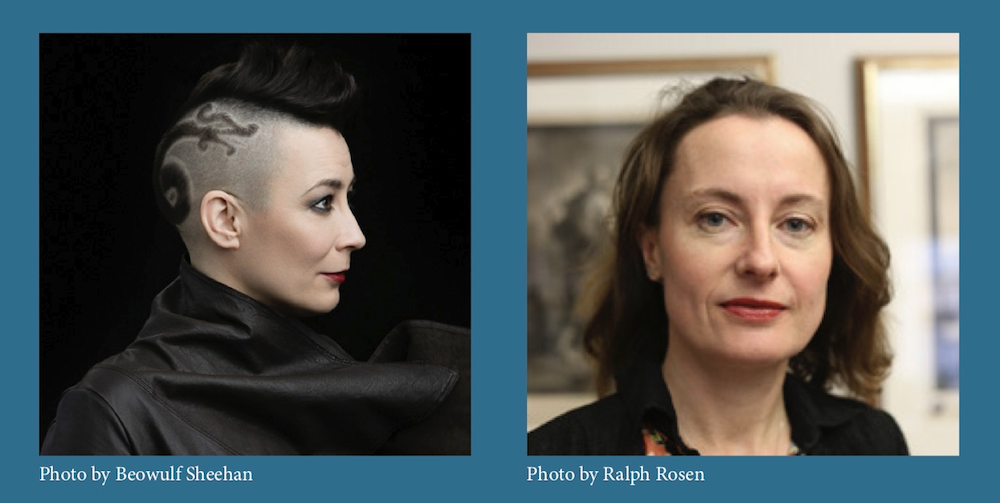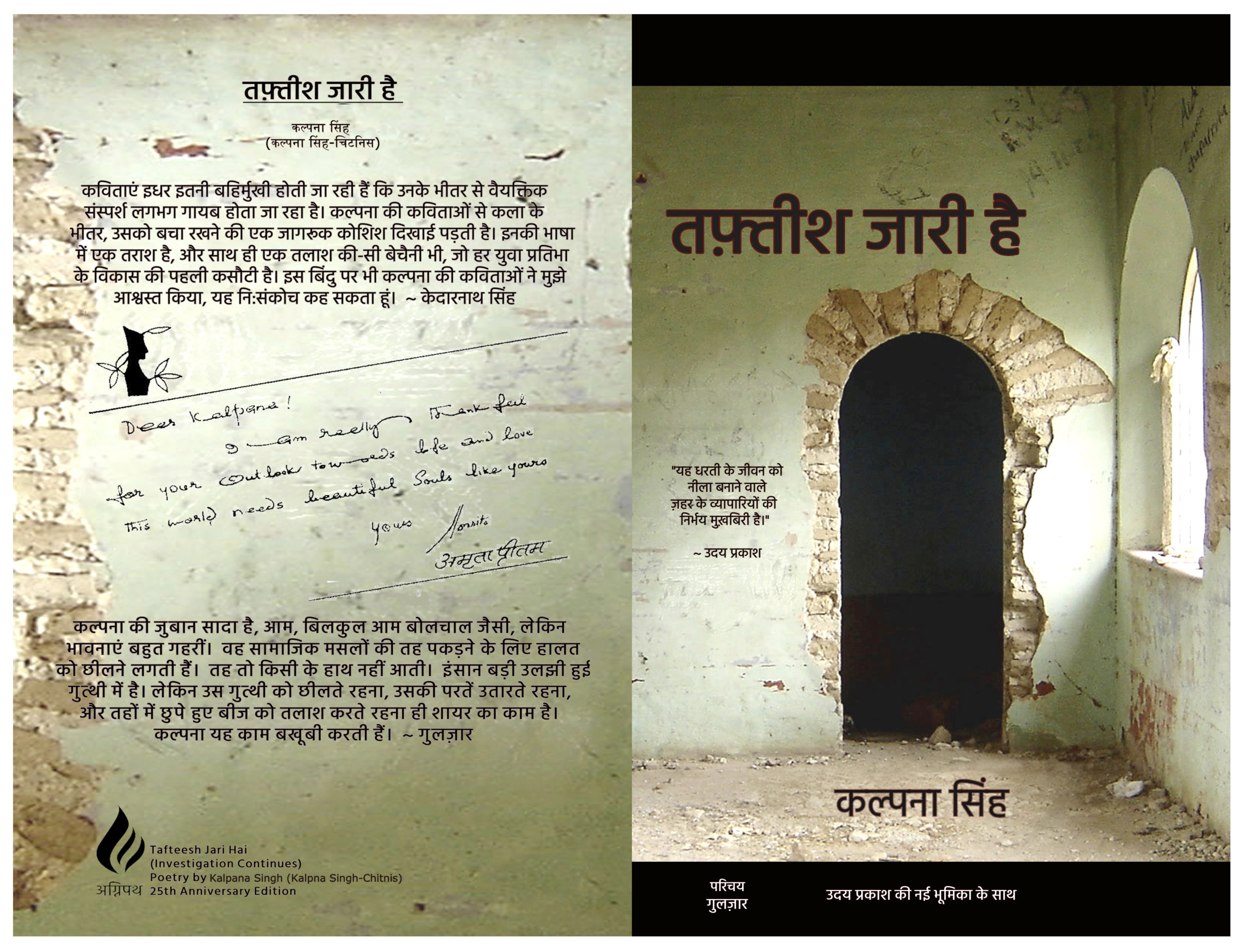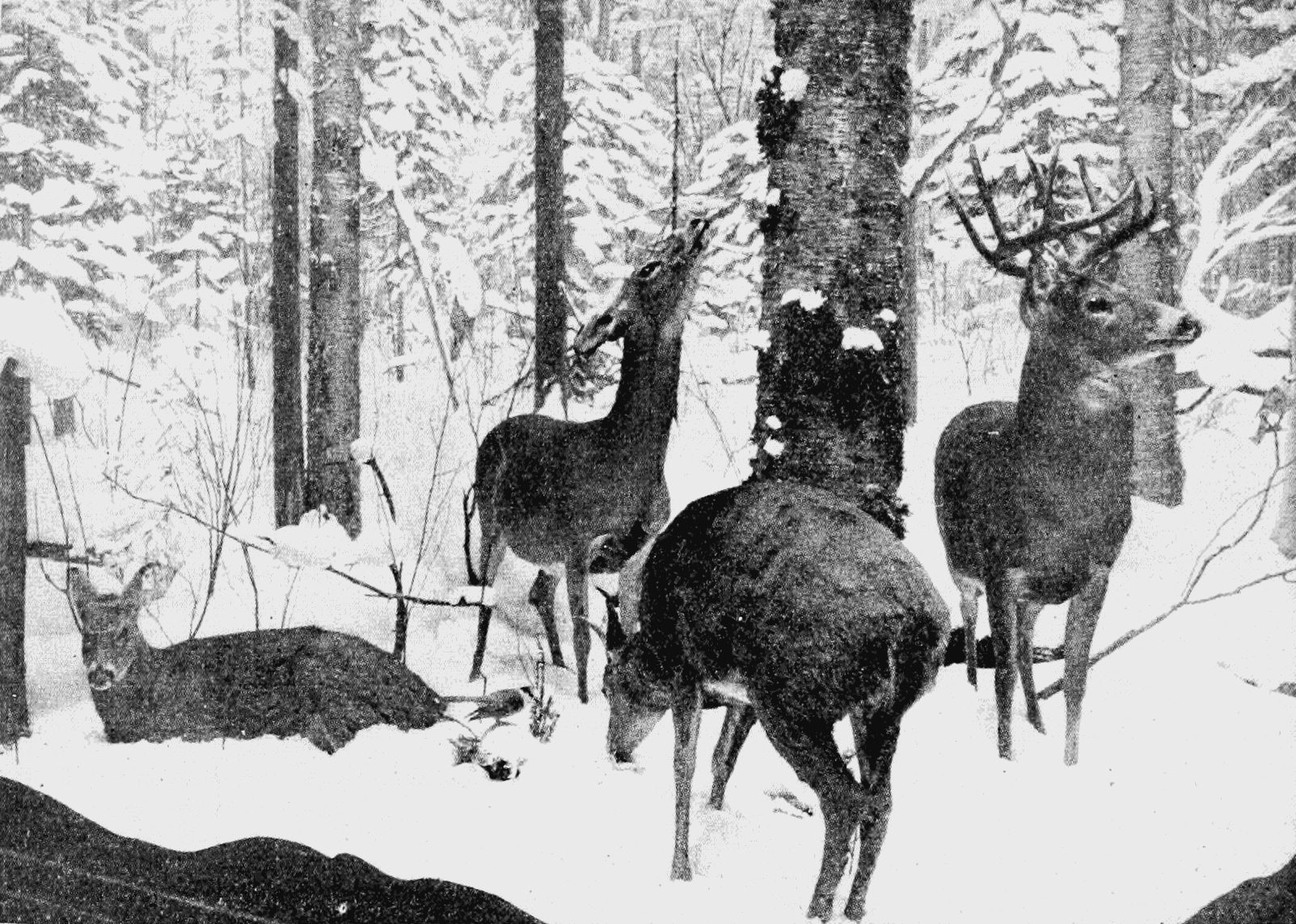On Wednesday, September 23, 2020 Columbia University, School of the Arts held its finale for “Translating the Future,” a 20-week series of conversations between translators, with “Translating for a World on Fire.” This final event featured Emily Wilson and Maria Dahvana Headley, moderated by Columbia’s very own Literary Translation at Columbia (LTAC) director, Susan Bernofsky.
“What does it mean to re-translate ancient classics for a present in crisis and to produce feminist translations of works understood as iconically male? Maria Dahvana Headley (whose new Beowulf has just appeared) and Emily Wilson (translator of The Odyssey, now at work on The Iliad) join LTAC Director Susan Bernofsky for a far-ranging conversation on the radical practice of making translation a space of resistance and joy.
Maria Dahvana Headley is a #1 New York Times-bestselling author of the novels Magonia, Aerie, Queen of Kings, and – most recently – The Mere Wife, a retelling of Beowulf set in the suburbs and featuring a military veteran as Grendel’s mother. She is also the author of the memoir The Year of Yes.
Guggenheim and MacArthur Fellow Emily Wilson, who teaches classics and literature at the University of Pennsylvania, has published translations of Seneca and Euripides as well as Homer, and has written a biography of Seneca and other scholarly works. She tweets about The Odyssey at @EmilyRCWilson.”
Columbia University’s Advertising Poster Stated.
We dive into the conversation with how both translators came to their works and what drew them to start their translations. Headley stated that she began Beowulf ten years ago, largely because she didn’t enjoy the text, nor did she understand why it was considered a canonical text. She talked about her interests in suburban walls and how we create boundaries. A large part of this conversation surrounded gender and she stated that Beowulf is a “bro story, a bragging contest amongst men, a masculine story telling.” She spoke about her fortunate circumstances that led the text to her and how through her editor’s push was allowed to “play with the text and dive into research and imagination.”
Check out the video file @8:00 and @16:45 to hear her read snippets of Beowulf.
Wilson recalled her interest in writing her edition of The Odyssey with the thought of “reinventing ancient texts,” as she was intrigued by the idea of “translation as reception.” As she has been reading and analyzing the texts for decades up until then, she had a blessed opportunity when asked to translate The Odyssey by her editor. She mentioned that, when first asked, she was unsure whether the translator was supposed to be her. But when looking at her own teaching of the epic tale she realized that she had to take on the task as she wanted to teach a newer version that was more representative of what she wanted to teach. Wilson also read a part of The Odyssey that similarly deals with “trash talking” and “men bragging.” Bernofsky briefly addressed how this occasion allowed them to use the translations as a canvas to “trash talk.”
Check out the video file @12:20 to hear Wilson read (with much lovely bravado) snippets of The Odyssey.
Both translators gave us a little peek into their processes and struggles with translation.
To illustrate, Wilson discussed her ongoing conundrum with a translation of The lliad, book 3, where a Greek word roughly translated to “scream” does not quite do justice to the original Greek phrase which refers to a “shriek, shrill noise.” Wilson is still struggling to capture the cry of terror, aggression, and strength through this noise in her translation but believes the English takes away the high-pitched elements of the original phrase.
She also highlighted the word “aggression,” and her interest in “the language of motivation and psychology in relation to gender, especially male aggression.” Since the warriors and animals in this passage are aggressive, Wilson wants to further bring across the intentions of the original. She says this allows for “an insight to the time and what could have driven people to slaughter each other.”
Headley then continued the conversation of gender behavior with a look at a passage from Beowulf, where Wealhtheow is welcoming Beowulf and doing the ritual. She expressed her frustrations with preceding translations, which missed the nuances that makes Wealhtheow’s character not boring. In Headley’s translation, Wealhtheow is passive aggressive. “All men are mine or you will be murdered in your sleep,” Headley expressed that it was what her character would have meant. She said that, like many other ancient texts, women must go “through the back door” in order to gain praise, unlike men.
The conversation then moved forward to “compound words.” Both translators disclosed their own approaches to “compound words”and how each scenario is unique. They both agreed that rather than translating the older phrases literally, the would rather grasp the intents of the words. Wilson stated it was “translating the work rather than just the language.” She said it was about “contemplating how to get each image to hit the readers in the English. Utilizing the beauty of the repetition in the original.”
Bernofsky continued forward by mentioning that now we were in “a frightening time. News came in today that the police officers who shot Breonna Taylor will not be charged for their killings. Both of these works have a lot of violence, and male violence. You get a ton of questions about ‘translating as women.’ So how does feminism and antiracism intersect in your work? Where do they see your works fitting into our sense of the world now?”
Headley contemplated how she was inspired by her own students to “take ownership over these masculine texts” and regretted not saying that the texts“they belong to us.” She addressed that this conversation was held among white women in their 40s. She spoke about the urge to “bring people from all kinds of backgrounds, rather than just whiteness” to these dialogues. She talked about the theme of “violence against the others” and how these stories have been alive today after thousands of years because “we are still grappling” with them from our modern perspectives. She said “the classic stories of heroes need to be analyzed pretty deeply as how we base our society on them” and “we need new ways for acknowledging goodness and courage. We failed over the millennium to acknowledge veracity and bravery, in every way we can acknowledge it.”
Wilson concurred that these last few years have “made her so much more aware, as a classicist, to be much more explicit about how the Greeks were not white and The Odyssey doesn’t belong to white people.” She expressed the need to have “a critical angle” in thinking about ownership. She similarly addressed the misconception that these texts are white-centric, therefore causing inaccurate readings and “reinforcing terrible things.”
Circling back into craft and greater thematics in the translations, Headley talked about “bro culture” in Beowulf and how the style changed in the text was from this idea of straying from what many shunned as not being “poetic language.” Headley said she used rhyme and rhythm as intended to attack the idea of the “fear of being bad.” One of the many ways that she attacked this was translating based on urges rather than strict formulation and calculation.
Wilson similarly went through many drafts and techniques and recalled methods such as reading out-loud to others. Unlike Headley though, she said her translations were very “restrained,” meaning there was a “sense of valid poetry” and “not showing off.” Unlike her own translations, Wilson explained, Beowulf had a mix of styles that play such a fantastic role. Because of this, Wilson is a huge fan of the translation.
The later half of the event was a Q&A Session that discussed many translation practices and theories, all brilliantly answered by Wilson and Headley. You can check out all of those at the link below. The Q&A portions starts @59:05
We ended this conversation on the question of “Are there words that either of you developed a fierce love of and/or that you found to be untranslatable?”
Wilson reiterated her ongoing difficulty with grappling a “word for emotion and motivation.”
Headley pondered upon “the untranslatable concept of a dignified/respectable enemy.”
Check out the full conversation here:
https://arts.columbia.edu/events/translating-world-fire
This event is part of the Translating the Future, a conference and conversation series co-sponsored by the PEN Translation Committee, the Cullman Center for Scholars and Writers, and the Center for the Humanities at the CUNY Graduate Center.



